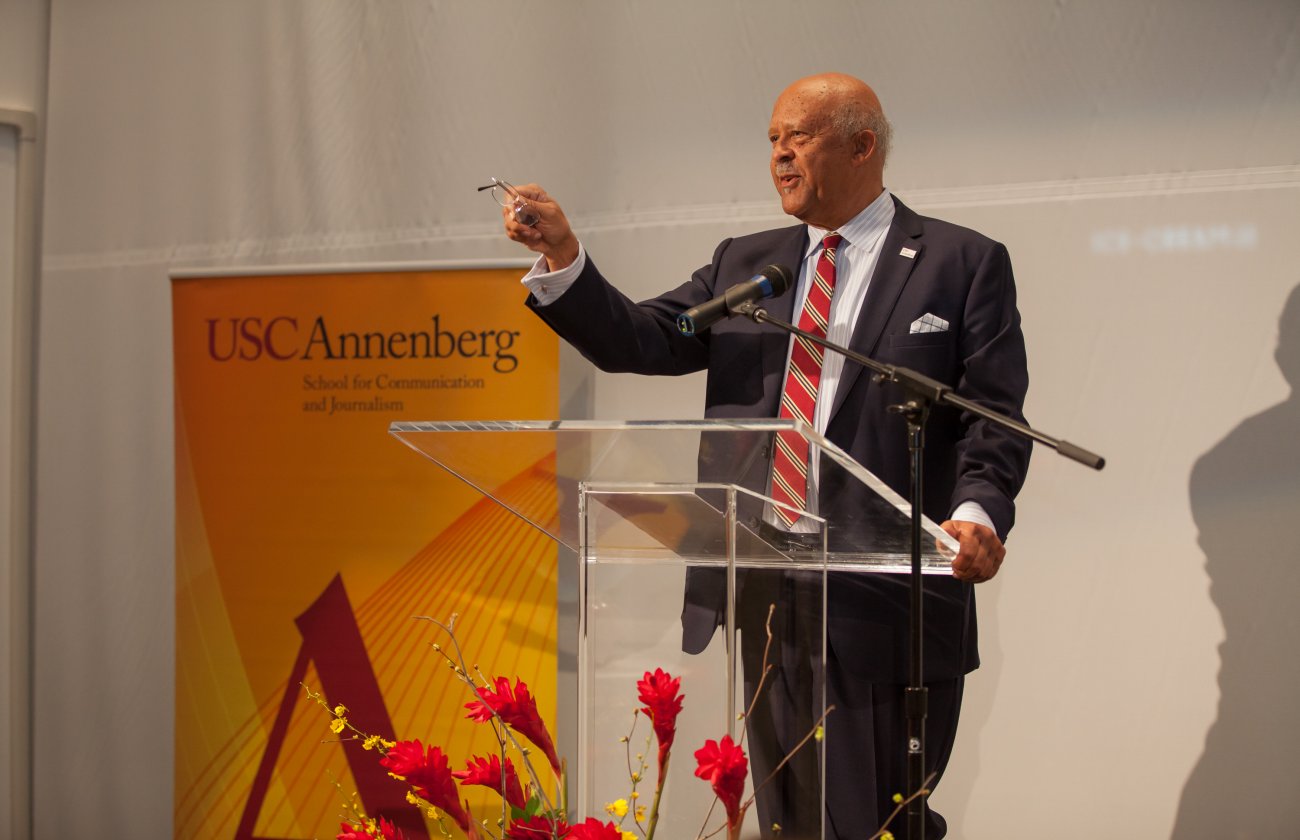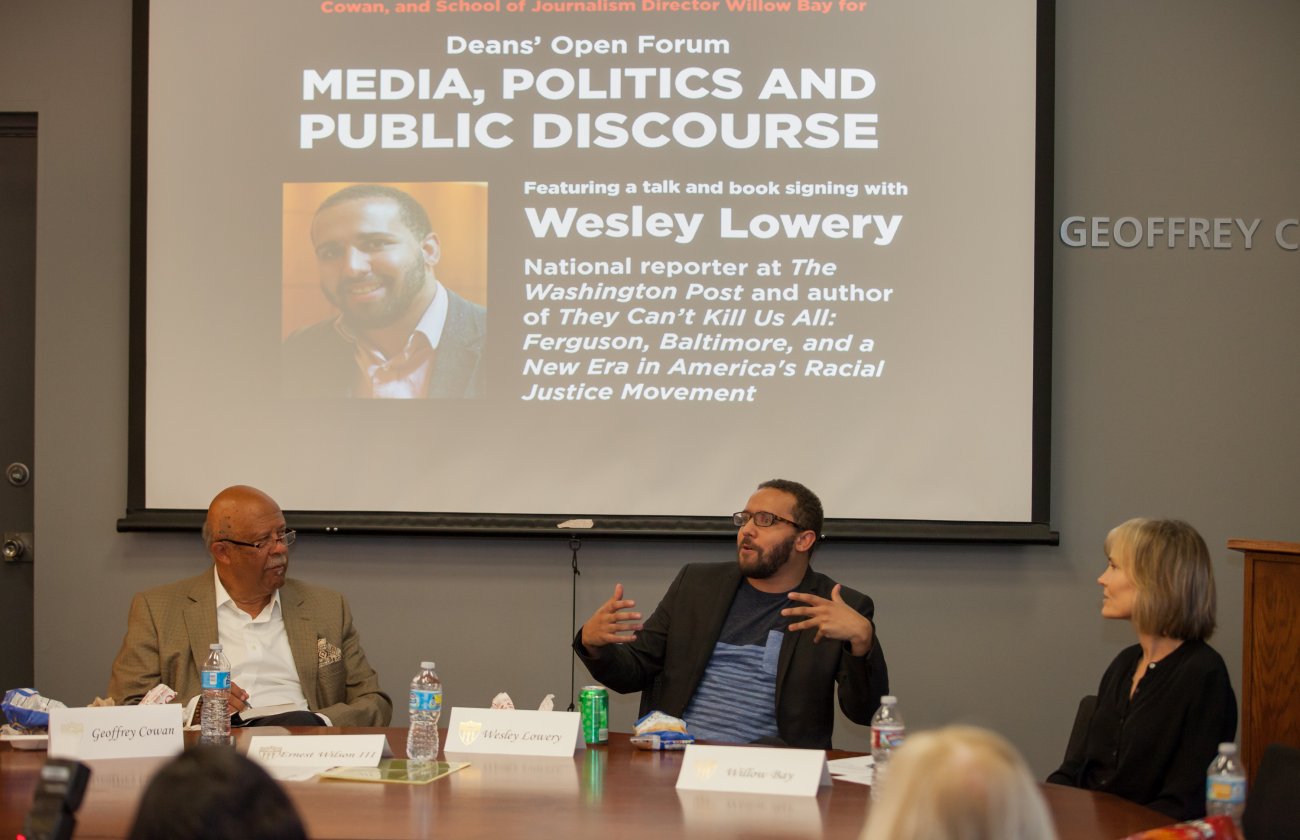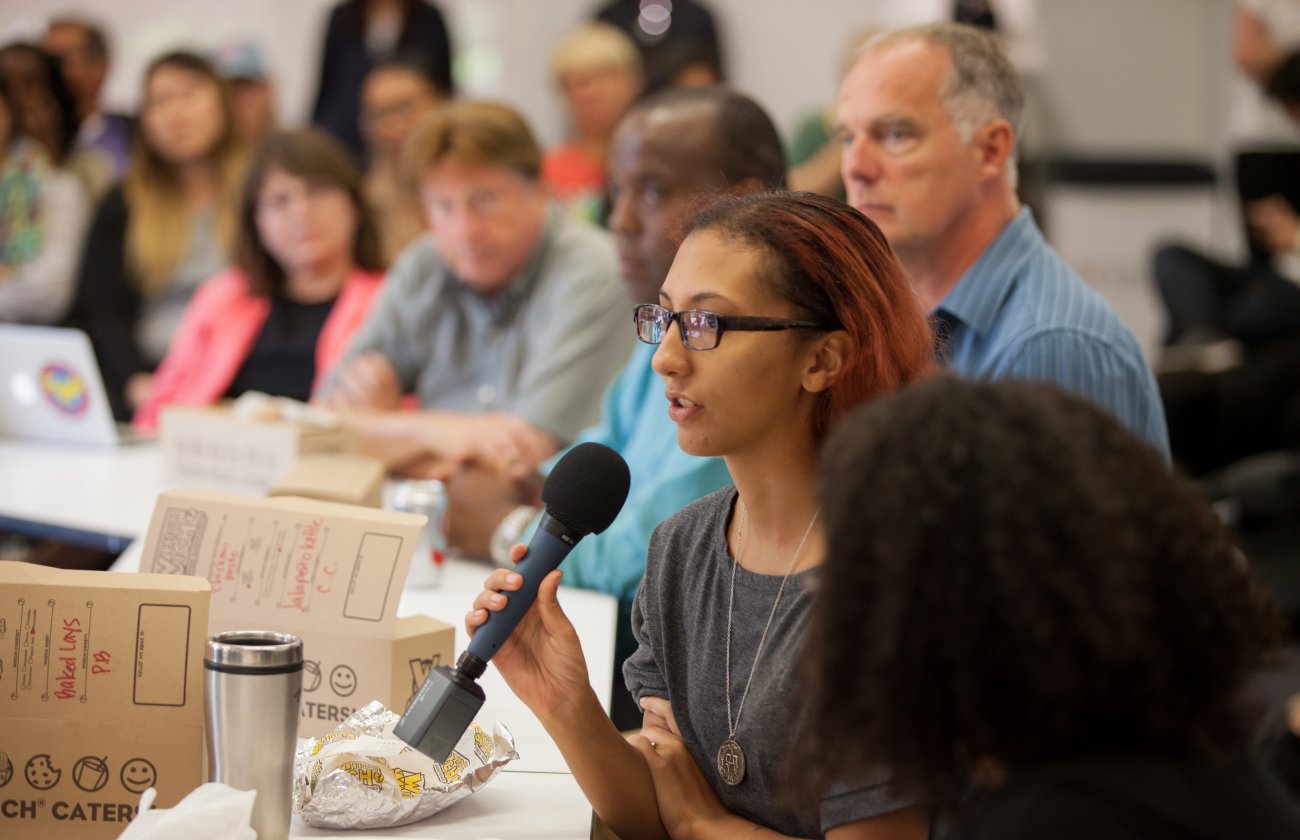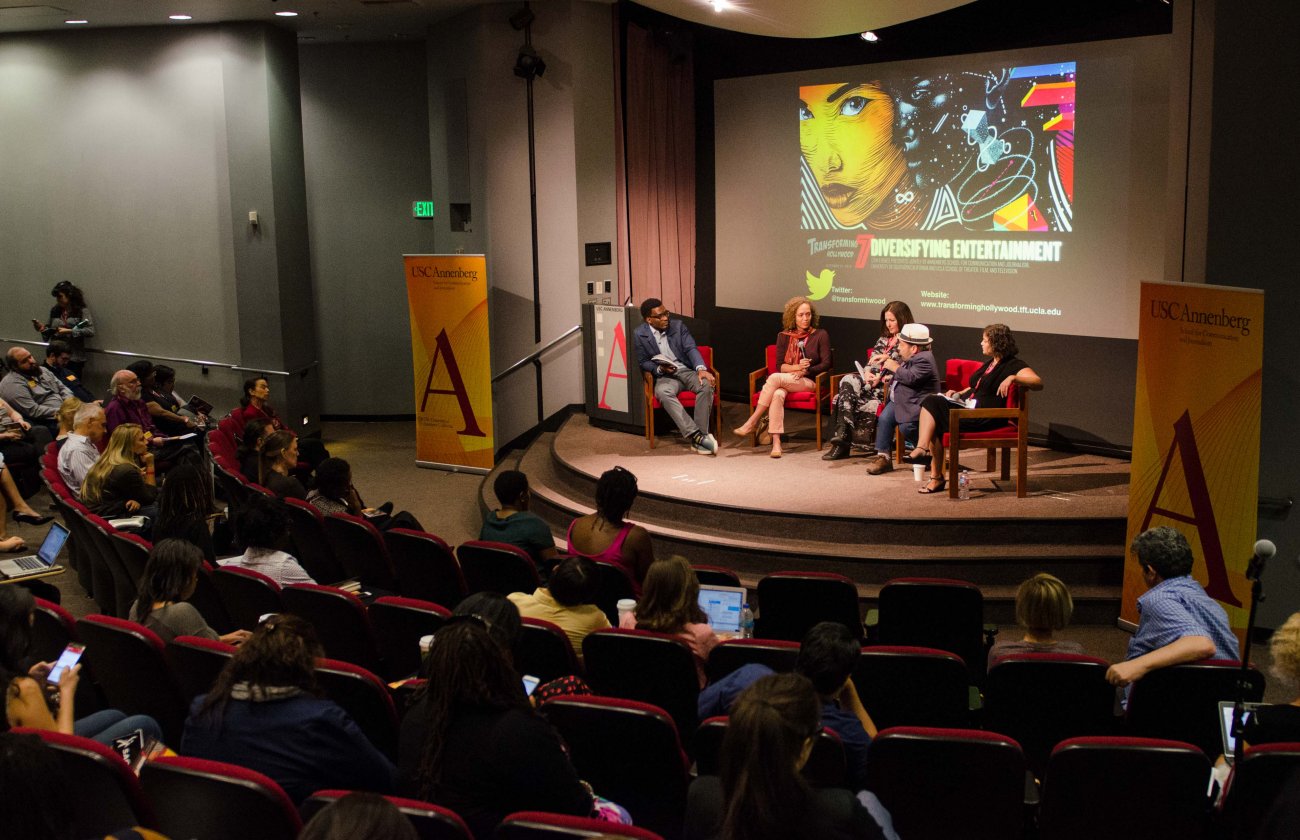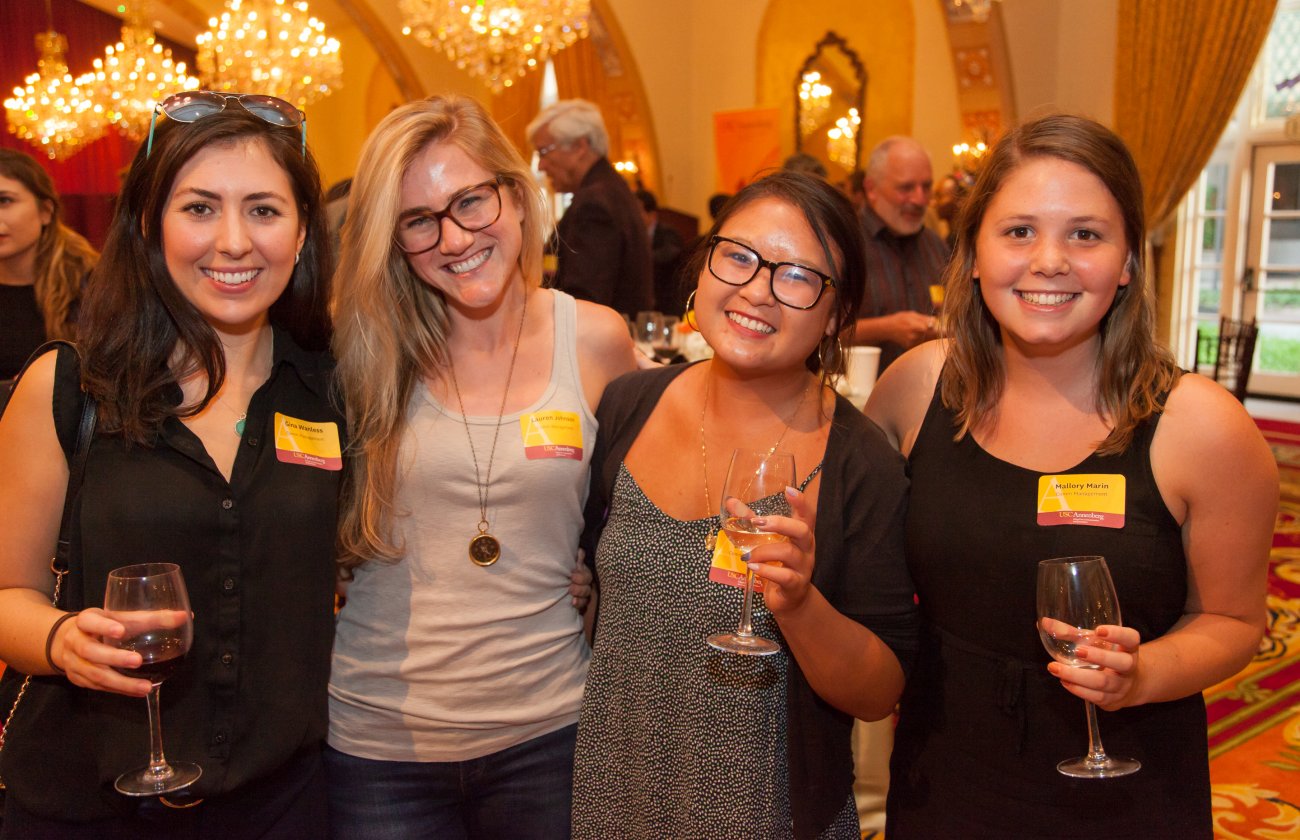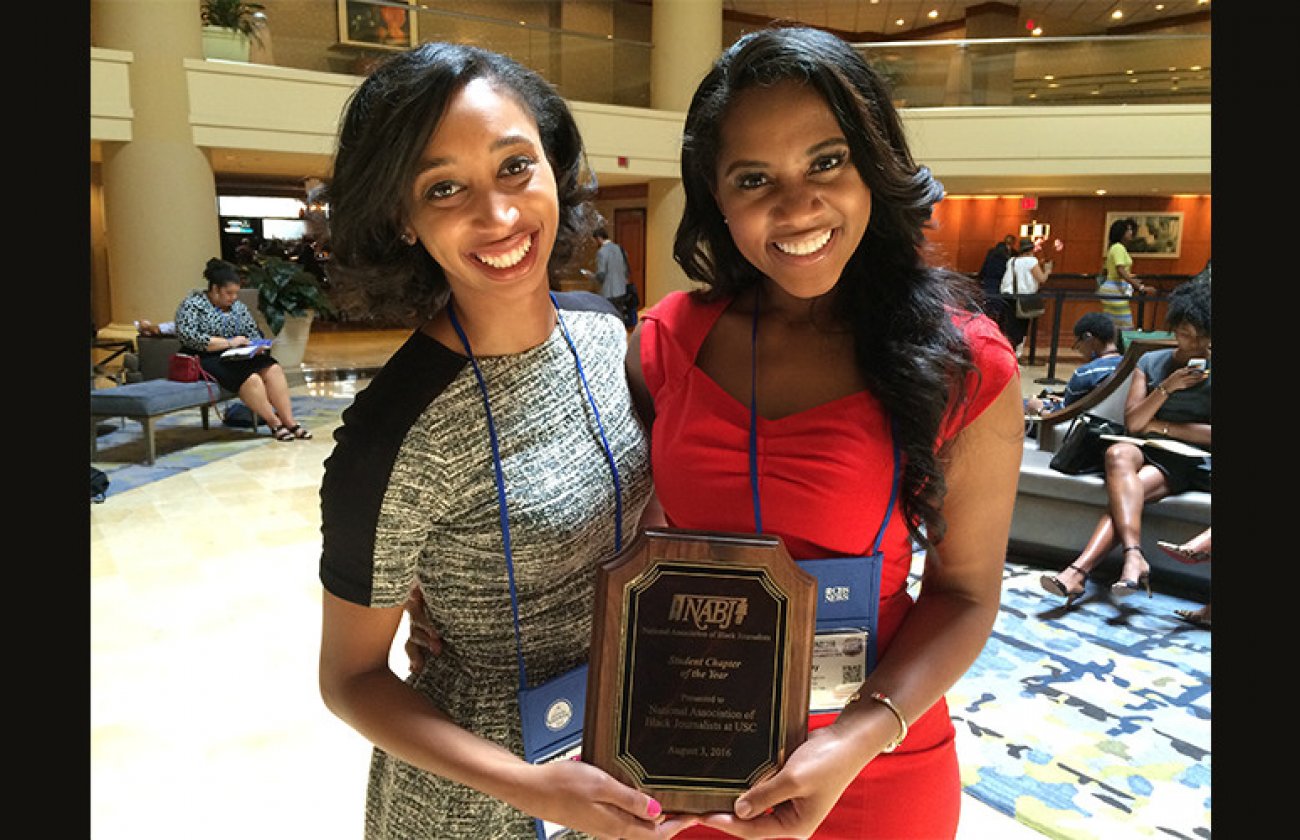Scholars from Los Angeles and London kicked off the Global Communication 10th Anniversary Celebration at USC Annenberg on May 17 by analyzing the roles global universities — and their students and alumni — should play in the world's development of higher education.
USC alumnus and keynote speaker Craig Calhoun ('72) said it is more important for students to be open to learning about other cultures than to know facts and figures about specific countries. Calhoun is director-designate at the London School of Economics and Political Science, which partners with USC Annenberg to offer a joint master’s degree program in Global Communication.
The schools are celebrating the 10th anniversary of their partnership with a three-day conference that includes panels, speeches, new scholarships, and a gala dinner and dance (view the agenda). "I think the single most important thing in global knowledge is this capacity to learn and the knowledge that we need to keep learning over and over again in all of our interactions if we are going to work together and solve these big problems," Calhoun said. "And I’m counting on (students and recent alumni) to do a better job than all the other people my age did."
Prior to Calhoun's keynote address, USC Provost Elizabeth Garrett, LSE Pro-Director Stuart Corbridge and UCLA Provost joined moderator Dean Ernest J. Wilson III on an opening panel titled "What Does it Mean to be a Global University?" Provost Garrett said she is excited about the growth of great universities all over the world. "Why would we do anything other than welcome the opportunity to have more educated people asking difficult questions and learning how to answer them in sophisticated ways?" she asked. "I think that is fantastic."
She said increased competition from new global universities is beneficial to all institutions because it pushes them to work harder, recruit better faculty, and strive for the best students.
"I do think, though, that as this happens we can play a very positive role in the growth of these great universities," she said. "We have long traditions in both (the United States and England) of academic freedom, of the kinds of values of gender and other kinds of equality that are absolutely necessary for any university to be a great research university."
Provost Waugh agreed, adding that American and British universities can help develop higher education in other parts of the world. "The fact is that most of these countries, especially China, are picking up the American idea or concept of higher education and trying to build it out of scratch and they’re doing a superb job at it. We’ve already exported the idea and they are really building on it."
However, he said global universities have a responsibility to help build educational infrastructure in places such as Southeast Asia and Africa. Corbridge said over time there will be a major increase in the number of first-rate universities around the world.
"I'm an optimist about the long-run access to elite higher education," he said.


